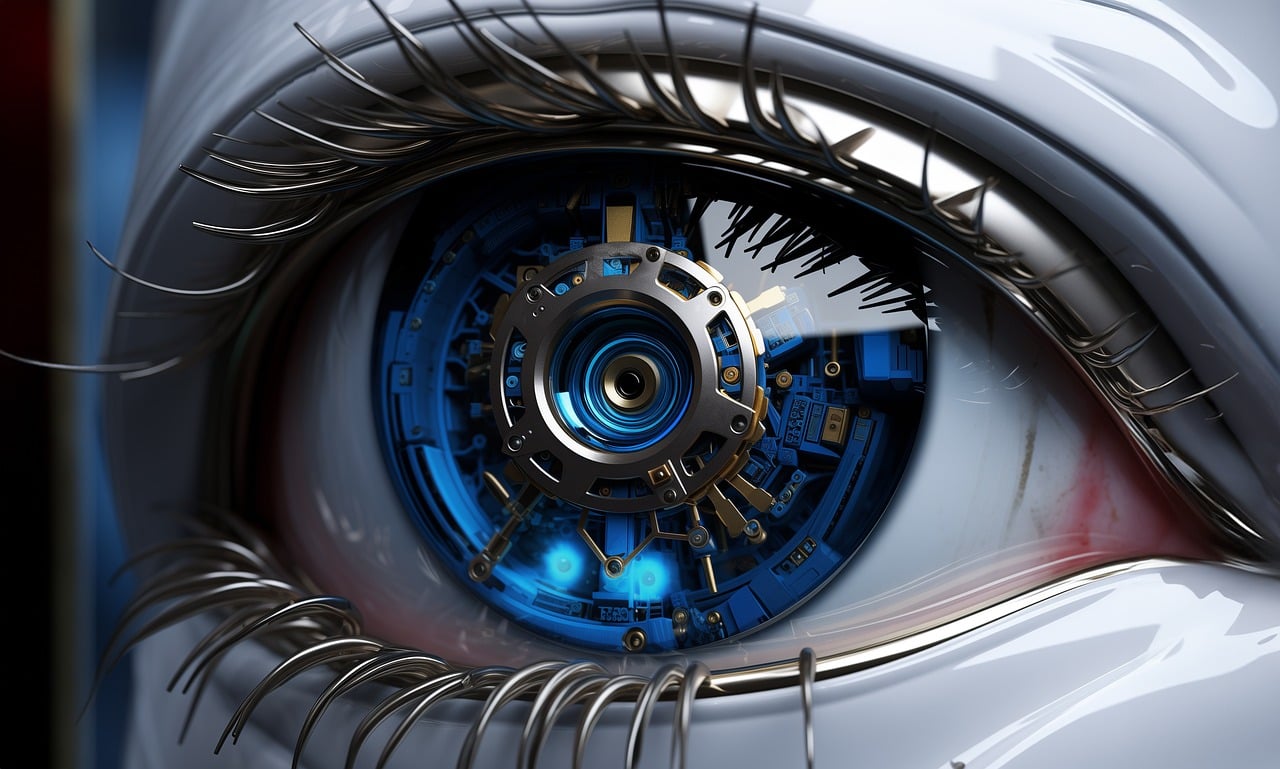
OpenAI is taking baby steps into the hardware world by hiring Caitlin Kalinowski, a former Meta‘s augmented reality (AR) lead, to lead its robotics and consumer hardware projects. Kalinowski, who began her role on November 5, brings a wealth of experience developing hardware for consumer use, including Meta’s Orion AR glasses and several MacBook models at Apple. This move signals OpenAI’s leap beyond software, hinting at a future with artificial intelligence (AI) devices in daily life.
“I’m delighted to share that I’m joining OpenAI to lead robotics and consumer hardware,” she shared in a post. “In my new role, I will initially focus on OpenAI’s robotics work and partnerships to help bring AI into the physical world and unlock its benefits for humanity,”
OpenAI’s Push to Hardware Strategy
While OpenAI has focused mainly on software, the company’s interest in hardware is now becoming clearer. OpenAI recently invested in Physical Intelligence, a robotics company, and has been hiring for its new robotics team. Moreover, the company has been facing significant financial challenges lately. This strain may be driving the company to diversify revenue streams and achieve profitability. Its daily operating costs reached $700,000, and it is projected to lose $5 billion this year.
Adding further interest, Jony Ive, former Chief Design Officer at Apple, reportedly works with OpenAI on a consumer-focused AI device. He described this new project as “less socially disruptive” than smartphones, possibly hinting at a product that blends AI more naturally into daily routines. Speculation points to smart glasses or other wearable tech combining.
What This Means for the Consumer AI Market
OpenAI’s move into hardware could shake up the AI landscape. AI-assisted smartphone numbers have risen, with products like Apple Intelligence and Google’s Gemini Nano leading. OpenAI’s entry could bring new options. Some experts believe OpenAI’s focus on user-friendly devices could make AI more accessible for consumers, especially if they’re designed to blend seamlessly into everyday life.
Kalinowski is also known for her advocacy around diversity in the industry and causes like gun violence prevention. Her background might influence OpenAI’s product development culture, bringing a unique approach to its new hardware direction. “AI is the most exciting engineering frontier in tech right now, and I could not be more excited to be part of this team,” she wrote.
As OpenAI builds its hardware capabilities, the tech world will be watching closely. With experienced leaders at the helm, OpenAI is clearly aiming to make its mark in consumer tech, challenging the dominance of companies like Apple and Google in the AI hardware landscape.










